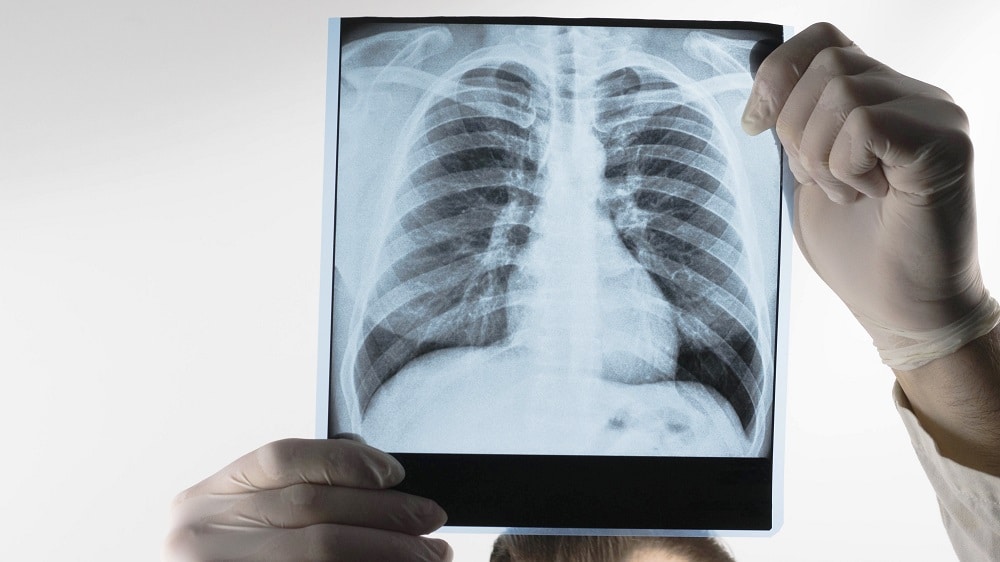About 100 years ago, the BCG vaccine was used to combat tuberculosis Paris, while in BrazilThe immunizing agent has been available since 1976. One Health System (SUS) Provides the right dosage for newborns and children up to 4 years of age.
Despite protection against tuberculosis, coverage of the BCG vaccine has declined in the country in the past two years. According to the data of the Ministry of Health, the coverage rate of the BCG vaccine, which amounted to 99.72% of the population referred to in 2018, decreased to 86.67% in 2019 and reached 73.38% in 2020, a decrease of 26.4% in two years.
publicity celebrity
Ago Illness It is a serious public health problem, with rates high among the most vulnerable populations, such as indigenous peoples, the homeless, and people living with HIV. In 2020, Brazil recorded 66,819 new cases of tuberculosis. In 2019, nearly 4,500 deaths from the disease were reported, according to the Ministry of Health.
Vaccine prevents consequences and death
Tuberculosis is transmitted from person to person through the air, coughing, sneezing, or talking, and primarily affects the lungs. But it can also damage the bones, kidneys, and meninges (the membranes that surround the brain).
Levy explains that vaccination is recommended as soon as possible, even in the maternity ward, because tuberculosis is highly contagious, and contact with an infected adult develops in a more serious manner in the newborn, causing complications or a higher mortality rate.
What is the composition of BCG?
The BCG vaccine is made from Calmette-Guérin bacillus – the last name of the doctors who developed it – obtained by weakening (weakening) one of the bacteria that causes tuberculosis. Its composition is supplemented with sodium glutamate and saline (0.9% serum), according to the Brazilian Society for Immunization (SBIm).
A vacina BCG evita a tuberculose?
The immunizing agent is not 100% effective, but it protects against severe forms of the disease, such as tuberculous meningitis and miliary tuberculosis. The latter occurs when the bacteria that cause disease, through close contact with an infected person, travel through the bloodstream, damaging organs other than the lungs.
On the other hand, tuberculous meningitis is the most dangerous type of tuberculosis and usually progresses to pulmonary complications. It usually occurs in the first six months after infection and gets worse slowly, without appearing serious. Manifestations range from fever and body aches to movement difficulties and neurological symptoms that can lead to coma.
What are the symptoms of tuberculosis?
The main symptoms are fever at the end of the day, cough, weakness, fatigue, and weight loss. The vaccine is so far the only type of vaccination against the disease, preferably within the first 12 hours after birth. However, children up to the age of four can still be vaccinated, according to Ministry of Health guidelines.
Left untreated, the disease can cause serious respiratory problems, weakness, and even death.
Read also!
Who should get the vaccine?
Vaccination is indicated from birth until the child is 5 years old. It is also recommended for people of any age who live with leprosy. “Only in the absence of a vaccination certificate and if the child’s vaccination background is unknown, should the immunizing agent be applied within the age range for which vaccination is recommended,” explains Levy.
Who should not get the vaccine?
According to SBIm, immunocompromised persons and newborns of mothers who took medications that could cause immunosuppression of the fetus during pregnancy And premature until it reaches a weight of 2 kg. Remember that it is a single dose vaccine and should be applied to the child’s right arm.
What are the precautions before and after vaccination?
Vaccination does not require prior care. After administration of the immune agent, most often, there will be a reaction at the application site with subsequent scar formation. It is important not to apply any product, medicine or bandage, as this is an expected and normal response to the vaccine, according to the Ministry of Health guidelines.
Does the vaccine have any side effects?
The vaccine – most often – leaves a characteristic scar, up to 1 cm in diameter, where it was applied. A response to the vaccine takes about three months (12 weeks), and may last up to six months (24 weeks).
There may be ulcers larger than 1 cm or taking a long time to heal, nodes or cysts in the skin and armpits. The spread of pollen bacilli throughout the body, causing lesions in various organs, is a side effect that is considered rare.
BCG prevents against Covid-19?
Additionally, BCG is recognized for generating an immune response against other infections. Studies have indicated that an immunizing agent can provide protection against Covid-19, as it causes a. Cellular action against organisms such as bacteria, viruses and protozoa, through the immune response. On the other hand, there is still no clear evidence that the BCG vaccine can protect against Covid-19.
Where can the vaccine be found?
Vaccines can be found in basic health units and private vaccination services. In addition, some private maternity hospitals offer paid vaccinations for locally born babies.
Source: CNN
You have seen our new videos on Youtube? Subscribe to our channel!

“Wannabe internet buff. Future teen idol. Hardcore zombie guru. Gamer. Avid creator. Entrepreneur. Bacon ninja.”

